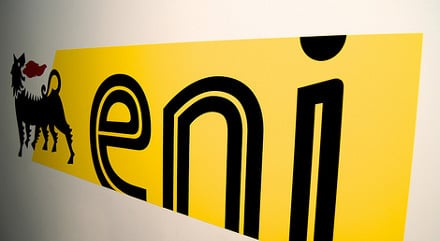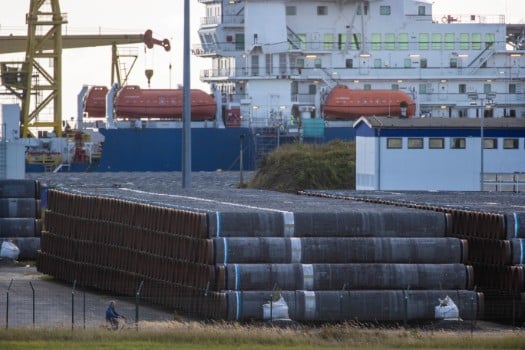It is the second block within Cyprus's Exclusive Economic Zone to undergo exploratory drilling since the first discovery in 2011.
"We have begun… the drilling rig is now at the sea bottom, and as I've said we expect to have the first results in December," Energy Minister George Lakkotrypis told reporters.
He said the rig will drill to 5,500 metres (18,150 feet) – in a water depth of 2,500 metres – over the coming weeks.
Italy's Eni holds an 80 percent stake in exploiting three blocks of Cyprus's EEZ, while South Korea's Kogas holds the balance.
The consortium plans more exploratory drilling over the next 18 months.
US firm Noble Energy made the first find off the southeast coast in 2011 in the Aphrodite field (block 12), which is estimated to contain between 3.6 trillion and 6 trillion cubic feet of gas.
Cyprus needs to find more gas reserves to make a planned onshore terminal financially viable as it seeks to become a regional energy player.
Nicosia plans to build a liquefied natural gas plant at Vassiliko near the southern coastal city of Limassol, that would allow exports by ship to Asia and Europe.
Energy-starved Egypt is also banking on Cyprus untapping greater reserves.
Cyprus has commissioned Noble, with its Israeli partners Delek and Avner, as well as France's Total, to carry out feasibility studies for a plant.
Total, which is also looking for oil, will exploit two blocks from 2015.
Cyprus is hoping to begin exporting gas, and maybe oil, by 2022.



 Please whitelist us to continue reading.
Please whitelist us to continue reading.
Member comments